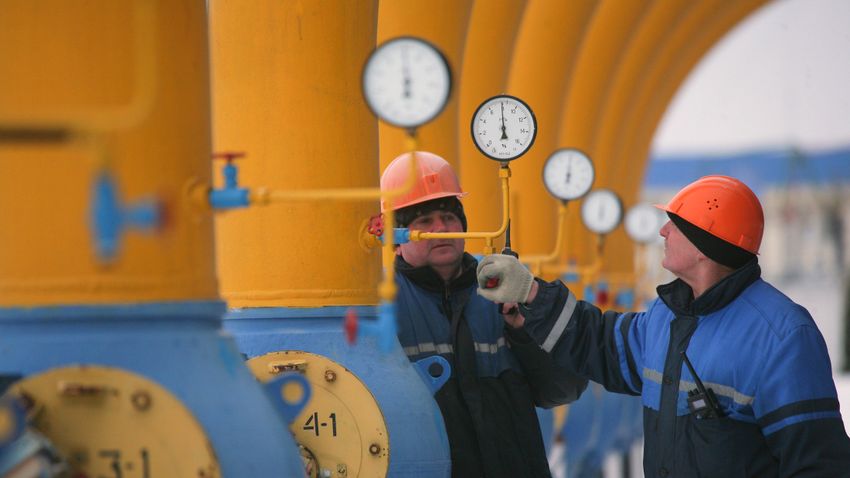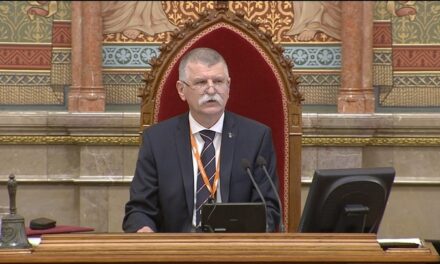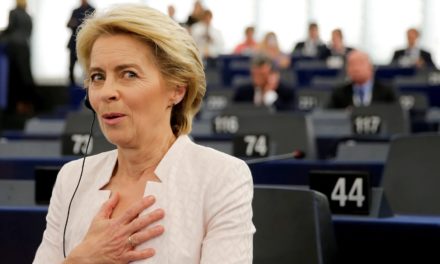It seems that the European Union has dropped the import sanctions on Russian energy products. This was already hinted at by the fact that the coal import ban is only effective from August.
Today in Luxembourg, the foreign ministers of the member states of the European Union are expected to discuss, among other things, the details of the new, now sixth EU sanctions package against Russia, but no proposal for oil or gas imports is on the table, EU diplomats who know the details of the meeting said on Sunday, according to the telegraph office. If the information is correct, it is a serious step forward compared to the previous situation, since the topic of energy imports is surrounded by the fiercest debates in connection with the sanctions: it would be impossible for countries that are heavily dependent on Russian energy products, like Hungary, to stop imports without serious economic and social consequences, while the states that are better able to be self-sufficient or have easier access to alternative sources easily defy embargoes.
the European Parliament adopted the Russia in response to Russian military aggression against Ukraine. Coal and other solid fossil fuels from Russia are on the EU import ban list, among other products. All of this does not directly threaten Europe's energy supply, but it can trigger unfavorable processes, Olivér Hortay , head of the energy and climate policy business at Századvég Konjunktúrakutató Zrt. In his analysis on Sunday, the expert called it reassuring that
Russian coal shipments do not reach five percent of energy production in any member state (Hungary is in the bottom third of the EU with half a percent), so the measure does not pose a direct threat to the community's energy supply.
Another positive development is that despite the increasingly vehement statements of the EU leaders and the proposal of the European Commission
the sanctions still do not cover gas and oil deliveries - which are really important from the point of view of Hungary and the Union - and according to the signs, the topic may not even be on the table during the negotiation of the next package.
Taking all of this into consideration, however, according to the expert, it is questionable whether the measure was necessary at all. After all, the coal ban will hardly affect Russia significantly : based on the committee's estimate, the restriction means a loss of revenue of around four billion euros, which is 0.3 percent of Russia's GDP.
Russia will be able to sell part of the lost quantity (exactly how much is primarily a matter of logistics) to other countries, for example India has already applied for more coal. Due to the transportation costs and the favorable bargaining position of the new customers, Russia's sales revenue is expected to decrease, but it is believed that the loss will not reach four billion euros. However, the measure will further increase European energy prices, according to Olivér Hortay, who reminded that the price of coal has almost doubled since the war, which affects electricity prices. He called it particularly surprising that the ban on coal imports will come into force in August, since based on the developments of the past few days, the war has a good chance and hopefully will end sooner.
In addition, according to him, Russia will probably not leave the new sanctions package unanswered, which could lead to further escalation of the situation.
Source and full article: Magyar Nemzet
Featured Image: Sergej Vasiliev/Reuters)












